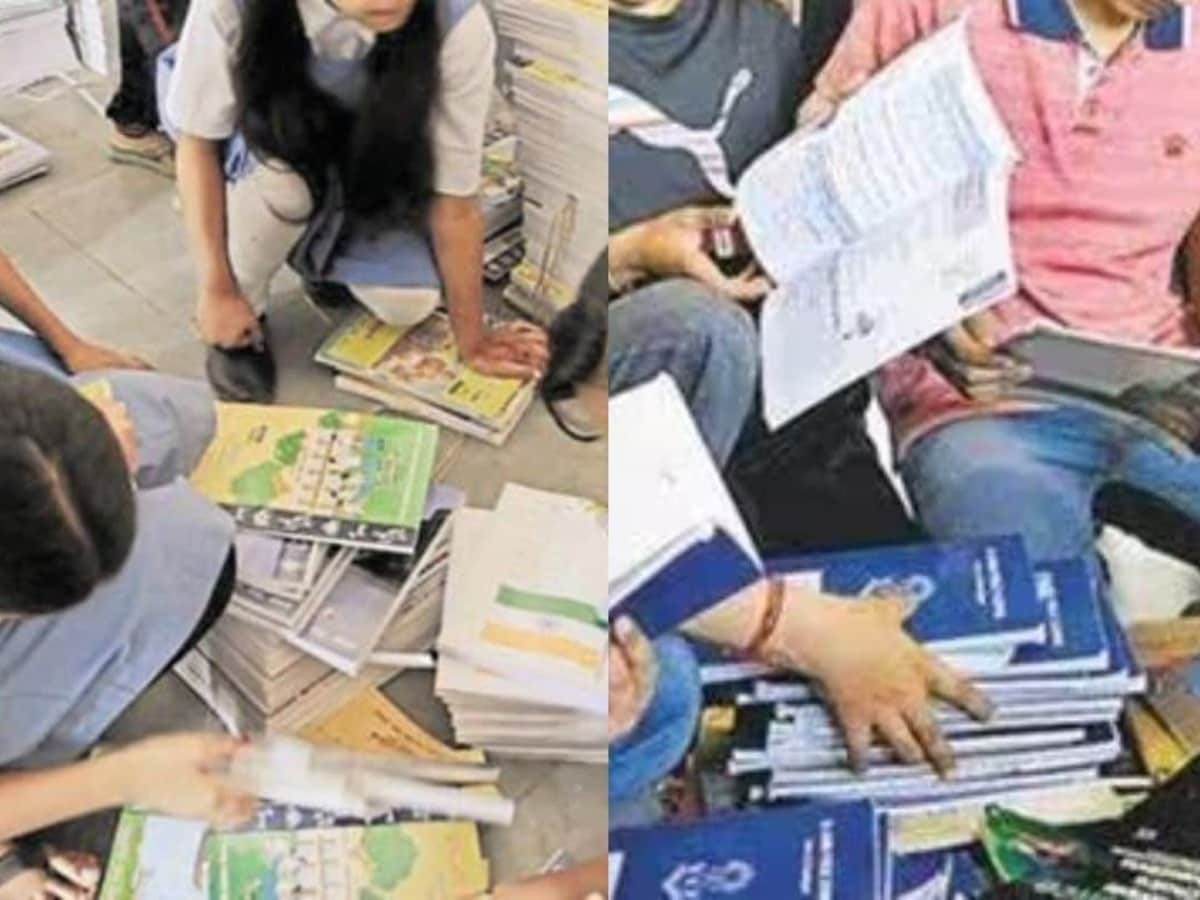In a significant curriculum revision by the National Council of Educational Research and Training (NCERT), the history of the Mughal Empire and the Delhi Sultanate will no longer be included in the Class VII textbook. This change is part of a broader initiative to update and refine educational materials provided to students across the country. Such decisions often trigger discussions about historical representation and the factors influencing curriculum content.
Overview of Curriculum Changes
The recent update by NCERT indicates a shift in educational focus for young learners. The removal of the Mughal and Delhi Sultanate history from the syllabus raises several questions about the objectives of the educational board and the implications of such changes on students’ understanding of Indian history.
Reasons for Curriculum Revision
There are various reasons for the exclusion of particular historical narratives. Some possible factors include:
- Modernization of Education: The NCERT aims to make education more relevant to contemporary societal needs.
- Focus on Local History: Greater emphasis may be placed on local histories and cultures to foster a more personal connection to students’ backgrounds.
- Simplification of Content: Reducing the complexity of historical narratives to help students better absorb the material.
Impact on Students and Education
The removal of these historical segments has both immediate and long-term implications for students and the broader educational framework.
Immediate Effects
Students in Class VII will miss out on critical insights into the influence and contributions of the Mughals and the Delhi Sultanate to Indian culture, architecture, and governance. This could result in:
- Gaps in understanding the socio-political landscape of historical India.
- Limited exposure to diverse narratives of power and governance in the Indian subcontinent.
Long-term Implications
| Aspect | Potential Impact |
|---|---|
| Cultural Understanding | Limited appreciation of India’s rich and diverse heritage. |
| Historical Knowledge | Students may graduate with a skewed version of history, impacting critical thinking. |
| Social Awareness | Reduced understanding of the complexities of historical relationships and conflicts. |
Broader Context of Historical Education
This move is not isolated; it reflects a trend observed in various educational systems worldwide where historical narratives undergo scrutiny and revision. The balance between fostering national identity and providing a comprehensive understanding of history is a challenging endeavor for educational boards.
The Role of Educators and Parents
Educators and parents play a crucial role in bridging the gaps left by such curricular changes. They are encouraged to supplement classroom learning with enrichment activities that cover diverse historical perspectives. This may involve:
- Discussion-based learning about the impact of the Mughals and Delhi Sultanate.
- Encouraging critical analysis of historical events through books, documentaries, and field trips.
Conclusion
The NCERT’s decision to exclude the history of the Mughal Empire and Delhi Sultanate from the Class VII curriculum signifies a pivotal moment in the Indian educational landscape. While this change may signify an attempt to modernize and align curricula with contemporary values, it also presents challenges in ensuring that students receive a well-rounded understanding of their country’s complex history. It is imperative that educators, parents, and the community work collaboratively to fill these educational gaps to ensure students are fully equipped with knowledge that shapes informed future citizens.

